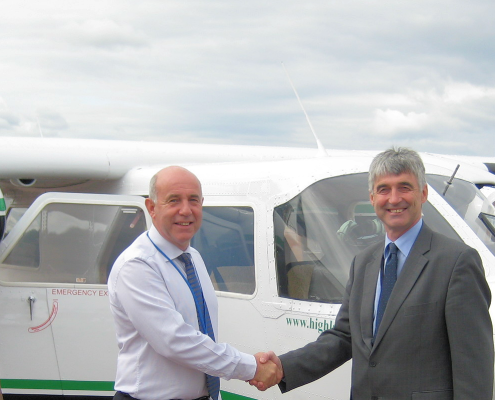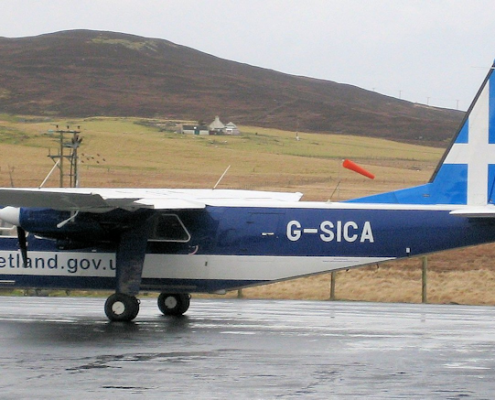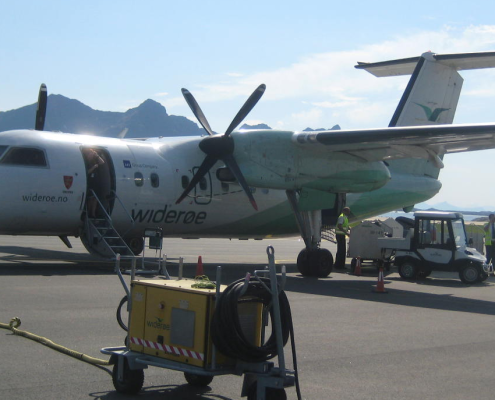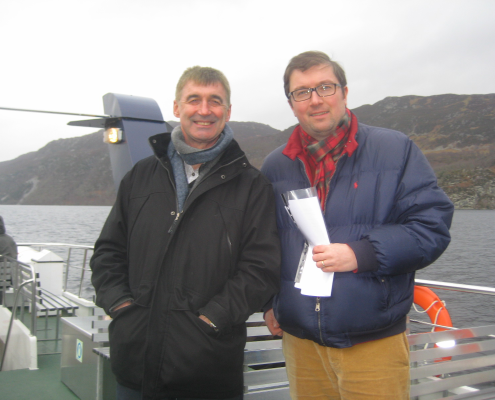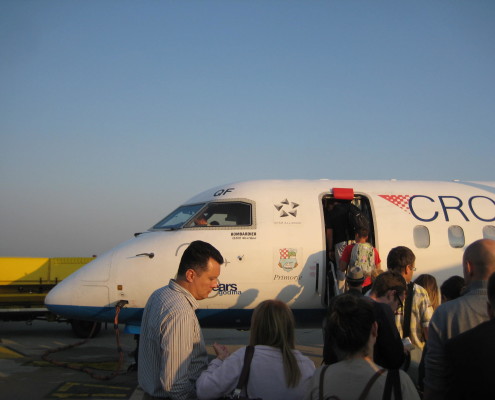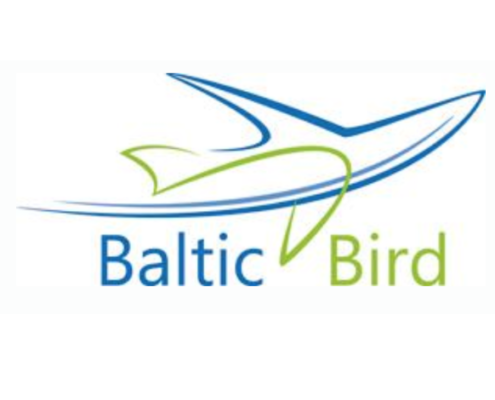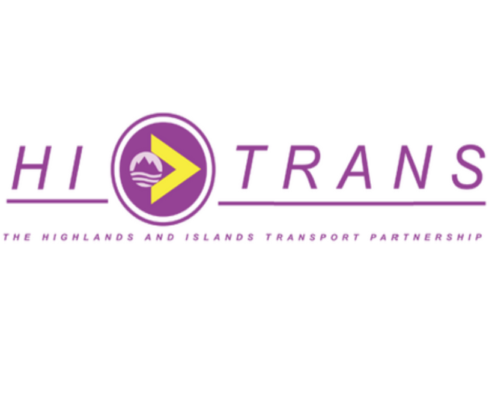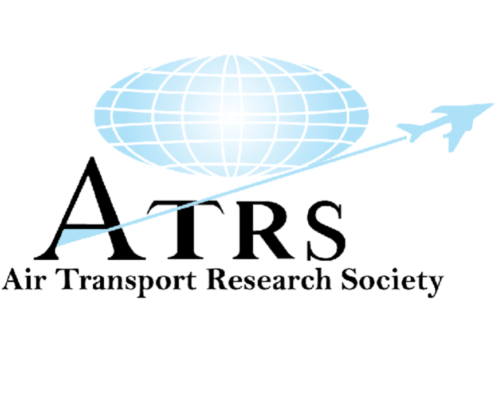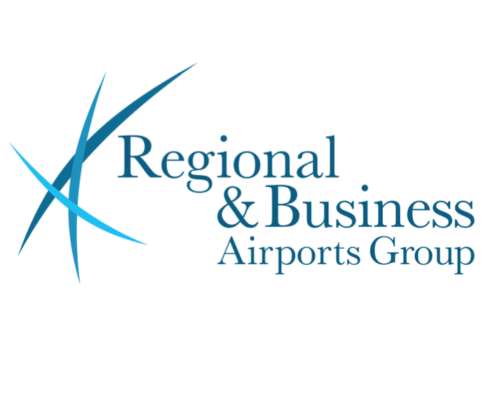Inevitably government has to intervene significantly to keep remote regions linked with metropolitan centres and ensure that modern life can thrive.
There are several different strands and aspirations at stake:
Social inclusion and lifeline services – ensuring those living in remote regions can access many of the conveniences of modern life that we all take for granted – specialist healthcare services, secondary and tertiary education, visiting friends and families, public administration, specialist social services, etc.
Regional development – Many remote communities recognise that an airport and airlink are key determinants of the future prosperity of a community.
Nation building or national integration – Many national PSO programmes have the explicit or implicit aim of linking their remote region with the nation’s capital.
Tourism – It is recognised that much modern tourism is driven by short breaks and the use of air travel. Remote regions cannot fully participate if they rely on road, rail and ferry to deliver their visitors.
In 2010/11 Basil O’Fee undertook a joint study ‘Analysing the different legal interpretations and uses of PSOs across Europe – A transport authority perspective.’ This was accomplished in partnership with Dr Rico Merkert then of Cranfield University’s Department of Air Transport. Provisional results were presented at the 7th International Forum on Air Transport for Remoter Regions in Newquay, and a full academic paper will eventually be published.
Several aspects of the research have some local significance and suggest possible local initiatives. For instance, Transport Authorities could take more responsibility for PSO route marketing and there is potential for collaboration across PSO clusters and different transport authorities.
Since then Northpoint has been involved in many Scottish reviews of PSOs, a Baltic review of PSOs, supporting the Croatian Government bring their domestic air services into the ‘PSO compliance’, significant work for the Welsh and Irish Governments and the States of Guernsey on PSOs and presentations to the Norwegian, Swedish governments on PSOs and to the French Regional Airports Group. He has undertaken PSO benchmark work for the National Connectivity Taskforce and the New South Wales Government and contributed to PSO consultations from both DG-MOVE in Brussels and the UK DFT. He has also been involved in advising on the process, specifications and contract terms and conditions to ensure that the sponsoring authority’s and air operator’s agendas are optimally aligned.
Basil and Rico have worked together recently on a study of Efficient procurement of public air services – Lessons learned from European transport authorities’ perspectives. This evolved into a published peer-reviewed paper on Managerial perceptions of incentives for and barriers to competing for regional PSO air service contracts, Transport Policy, 47, 22–33 in 2016. The paper aimed to derive lessons and best practices from the different European experiences by viewing issues from a public transport authority perspective. The heart of this paper was a survey of European air service procurement authorities. The authorities’ perspectives are discussed as to why they fund a PSO including likely future funding trends and investigate various aspects of the procedures connected with the PSO process (transparency of the subsidy amount, risk sharing with the operator, incentives for the operator, vetting of the operator and use of specialist advice). This paper also explored various aspects of the obligations authorities impose upon routes and operator (e.g. maximum fare, social discounts, ticketing, timetabling, size of aircraft, air cargo requirements). A particular interest of the paper is connected with the authorities’ interest in marketing the PSO as well as with the authorities’ perspective on promoting and enjoying sufficient competition in their PSO tendering exercises. The derived lessons from the EU experience are discussed in the light of their use in assisting policy makers in promoting and drafting their own regional air transport programs.
Rico has also worked with others on measuring the efficiency of remote regions carriers and this measured 18 European PSO operators during both 2007 and 2009 and attempted to derive some measures of the operator’s efficiency. The results will prove useful in this current study in providing indicators and signposts of fruitful ways forward with regard to achieving best practice in the use of commissioning and managing PSO air services.
Basil O’Fee during his 14-year career as Commercial Director of a PSO air operator was involved in 21 PSO tenders (8 successful) in Scotland, Wales, Ireland, Norway, Finland, and the West Indies. He also operated Mail and freight flights in remote areas between 2001 and 2010. He was involved in Fisheries Protection and charter activity in such regions also. He has practical experience of what can be termed best and less good tender practice by sponsoring authorities. He understands the implications of many of the details of tender specifications and also has a good understanding of the costs, attitudes and instincts of an air operator.

